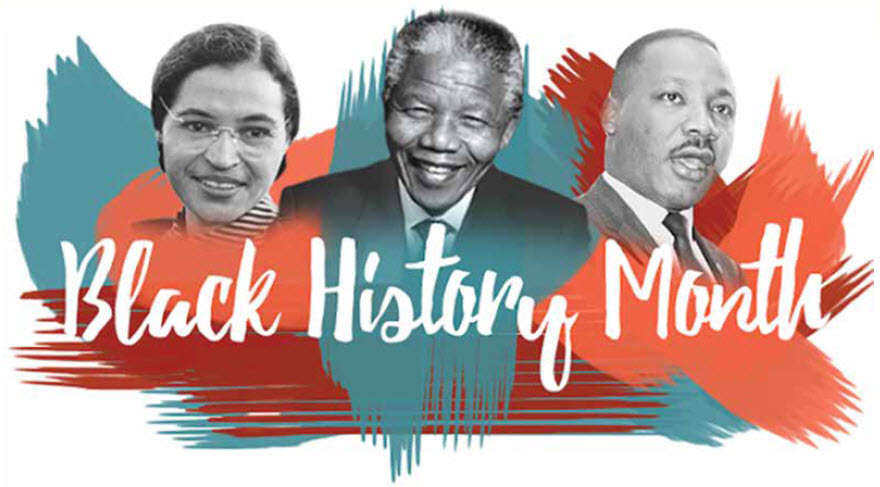 By: Eric Betts
By: Eric Betts
The story of how the American descendants of the enslaved overcame the most hopeless and despairing of conditions to make such significant contributions to the development of the United States of America should be a source of encouragement to people of all backgrounds. Black History month is often mistaken as a period where African Americans become more familiar with their history, however it is a story of our common humanity and what is possible.
We must understand that those who were taken from Africa and placed in chains were mothers, fathers, uncles, aunts, cousins, and people who were admired by their communities. The stereotype that Africans were uncivilized, brutal, and devilish, and thus deserving of such treatment, and that it was for their own good is one of the greatest misnomers of history used to justify the horrors of the Transatlantic Slave Trade. Those who have studied the true history will learn that these were not illiterate brutes with the inherent ability to tolerate incredible pain. This is not who was enslaved. They were poets, fishermen, inventors, astronomers, seamstresses, architects, brick masons, medical experts, politicians, chiefs, queens, musicians, councilmen and councilwomen, scholars, farmers, athletes, clergypersons, and businesspeople. They were not slaves, nor were they born to be slaves. These were denied their liberty and their self-determination due to greed and avarice and were enslaved. They were ordinary people such as all our families in America today and were as special as those we admire in our communities. It is not merely a story of Black people’s survival, but human survival.
Months of inhumane incarceration within the coastal slave castles of Africa, and many more months aboard a slave ship chained to other human bodies in the bottom of a disease-infested ship through the Middle Passage while maintaining one’s self-respect and desire for self-determination is an amazing story of human existence.
That one can endure the nakedness and humiliation of having to stand on an auction block, the loss of children, and the persistent violation of one’s own body, and treated as an animal, yet remain unbowed should serve as a reminder that no matter how harshly you are treated by others, you can remain hopeful and not allow yourself to be defined by others inability to see your value. Maintaining their dignity and honor while forced onto labor camps where animals were treated more humanely is almost miraculous.
If human beings can survive the forced labor camps, the Black codes, chain gangs and the Jim Crow era, there is hope for all no matter how humble your beginnings. That such a history could produce Harriet Tubman, Fredrick Douglass, Sojourner Truth, Ida B. Wells, Elizabeth Freeman, Mary McCloud Bethune, George Washington Carver, Booker T. Washington, Charles Drew, Fred Shuttlesworth, Ruby Bridges, and Fannie Lou Hamer is a testament to the resiliency of the human spirit.
Generations of witnessing one’s parents being rejected, mistreated, scandalized, mishandled, unvalued, blackballed, underappreciated, and dehumanized and still maintain one’s own pride and dignity is a remarkable story that should be acknowledged. Not believing that you are inferior when everything in your world says that you are is a testament to the transcendence of the human spirit that is fully aware of its value and will not be denied its dignity. The fact that those who have never experienced freedom, have the inner instinct within them that says I deserve better, and I was born to be free is a stunning story of humanity.
Black history is a reminder to all, that when your social environment gives you the cold shoulder, belittles you, goes out of the way to exclude you, and refuses to believe in you, you can overcome amazing odds by believing in yourself.
If the Harriets can survive the irons and the Sojourners the chains, you also can survive whatever you are facing. No group of people should have to endure such hardships in order to demonstrate the capabilities and the resilience of the downtrodden, but nonetheless such history allows us to do what Dr. Martin Luther King Jr stated — we can out of the mountain of despair carve out a stone of hope.
By: Eric Betts
Assistant Director, Curtis Coleman Center for Religious Studies and Ethics at Athens State University






